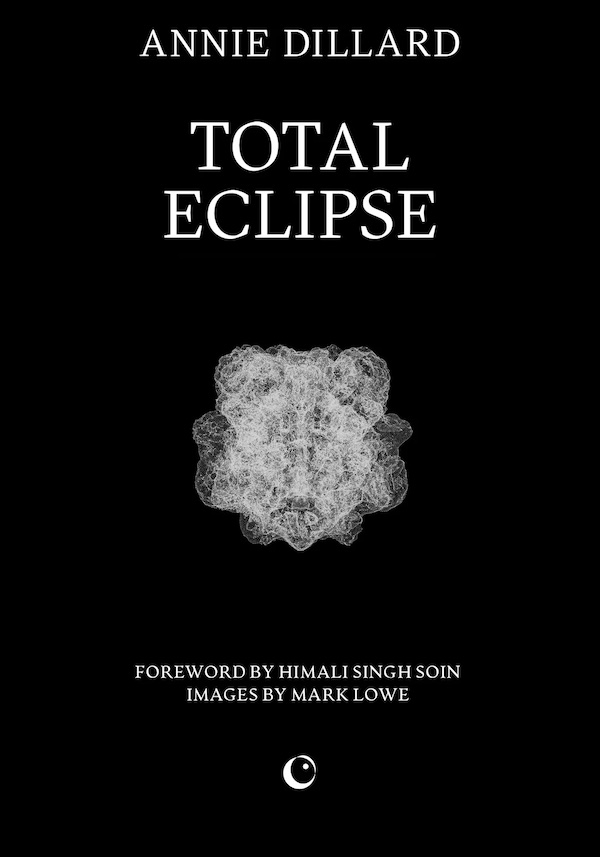
La Société n'existe pas: Images de la guerre civile sous Margaret Thatcher
« La société n’existe pas » : la formule de l’ancienne Première ministre britannique Margaret Thatcher est restée célèbre. On connaît moins ses ramifications en images, de la guerre civile anglaise du XVIIe siècle jusqu’à l’art contemporain en passant par la culture populaire en Grande-Bretagne. De photographies en affiches, de manuscrits en frontispices, ce livre traverse l’histoire pour cerner les échos visuels du thatchérisme. Son point de départ est une pièce de l’artiste Jeremy Deller : la reconstitution d’une bataille ouvrière entre mineurs grévistes et policiers survenue en 1984. Maxime Boidy en extrait une série de scènes qui sont autant d’infléchissements de l’idée de « corps politique ». Ce faisant, il dessine la discrète et brûlante actualité de ces formes symboliques, à l’heure de la guerre civile qu’a imposé le thatchérisme globalisé.
Maxime Boidy est enseignant-chercheur en études visuelles. Il s’intéresse principalement à l’histoire des savoirs de l’image et à l’iconographie politique sous toutes ses formes.







